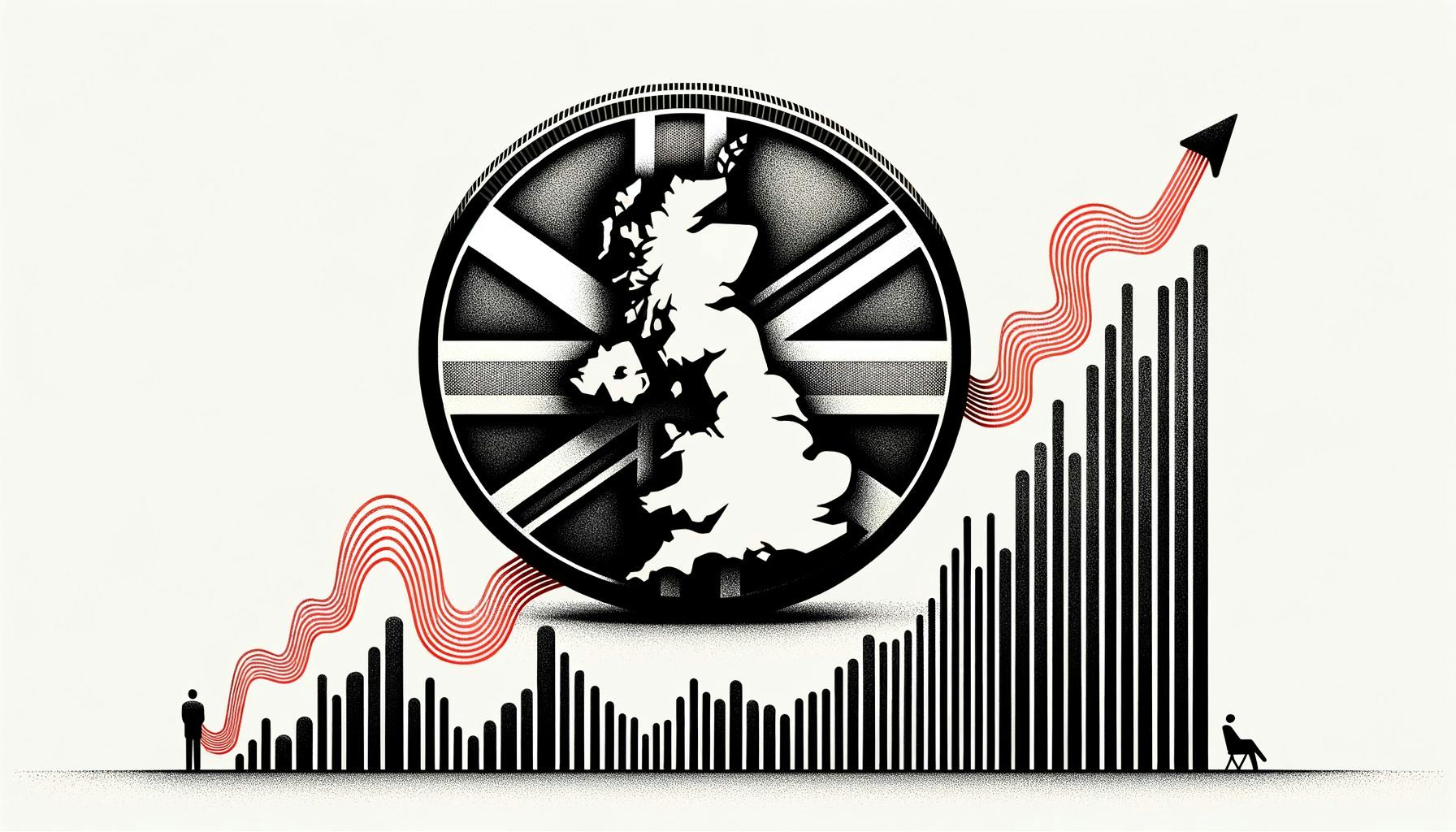What’s going on here?
The OECD has upgraded its forecast for UK economic growth for 2024 to 1.1% and for 2025 to 1.2% but says high inflation rates will persist.
What does this mean?
The OECD’s latest projections paint a somewhat optimistic picture for the UK, setting growth rates at 1.1% for 2024 and 1.2% for 2025 – a significant upgrade from earlier predictions of 0.4% and 1.0%. This comes after the UK’s economy exceeded expectations in the first half of 2024, even surpassing the Bank of England’s (BoE) forecasts. Finance Minister Rachel Reeves welcomed the news, stressing economic growth as a government priority. However, the Labour Party views these revisions as evidence of longstanding economic mismanagement by the previous Conservative administration. Even with better growth prospects, the OECD warns the UK will have the highest inflation rate among G7 countries, predicting 2.7% for 2024 and 2.4% for 2025. As of August, British inflation was slightly above the BoE’s 2% target, at 2.2%, and is expected to rise.
Why should I care?
For markets: Navigating the waters of uncertainty.
The UK’s improved growth forecasts may bolster investor confidence, yet inflation remains a looming concern. The Bank of England expects rising inflation due to higher costs for domestically produced services and diminishing effects of last year’s energy cost declines, which could lead to market volatility. Investors should monitor sectors sensitive to inflation and monetary policy changes.
The bigger picture: Global economic shifts on the horizon.
The UK’s tightrope walk between growth and inflation mirrors broader global market trends. The Labour Party’s comments on previous economic missteps highlight political dynamics that might influence future policy decisions. Internationally, the UK’s updated economic forecast signals shifting economic conditions with potential impacts on international trade, especially within the G7. Observers should watch how UK policies adapt to these evolving economic landscapes.

